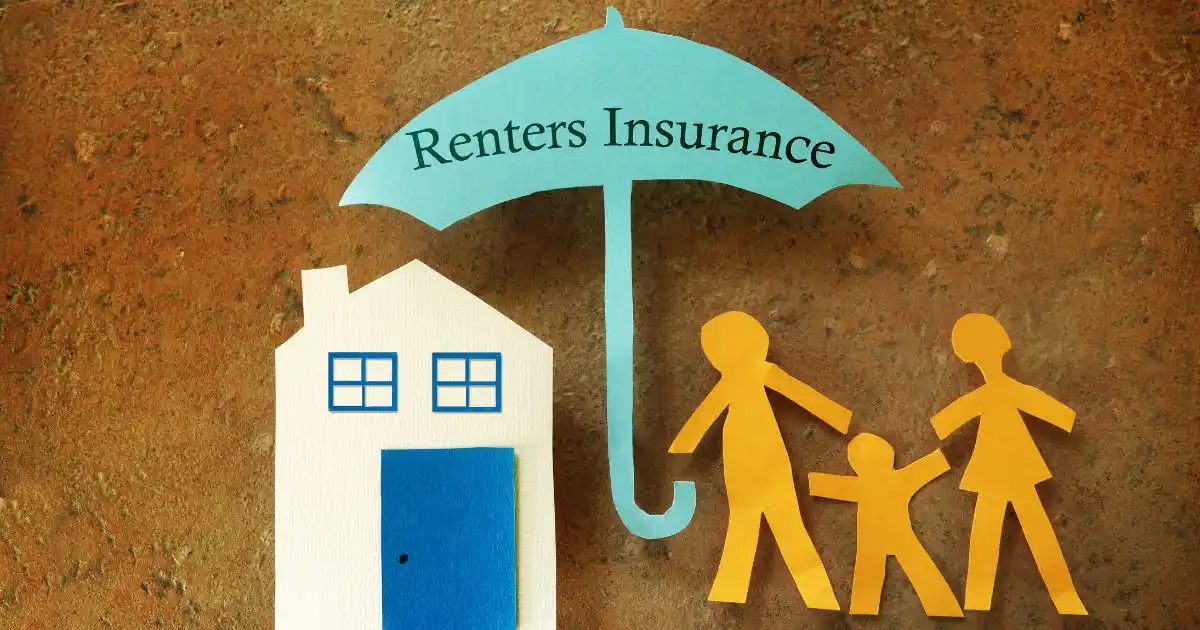Accidents can happen at any time. They may leave you hurt, confused, and facing unexpected costs. When this happens, one of the first questions you may ask is: Do I need a personal injury lawyer?
A personal injury lawyer is a legal professional who helps people who have been injured because of someone else’s careless or wrongful actions. They guide you through the legal process, fight for fair compensation, and protect your rights. In this article, you will learn the basics of what a personal injury lawyer does, the types of cases they handle, and how to choose the right one for your situation.
What is a Personal Injury Lawyer?
A personal injury lawyer specializes in representing people who have been physically or emotionally harmed due to accidents, negligence, or misconduct. Their main goal is to help injured individuals recover compensation for their losses, including medical bills, lost income, and emotional suffering.
Unlike criminal lawyers who handle crimes, or corporate lawyers who work with businesses, personal injury lawyers focus on civil law. This means they deal with disputes between individuals or organizations rather than criminal charges.
Example: If a driver runs a red light and causes a car crash, the injured person can file a personal injury claim. A personal injury lawyer would help the victim prove the driver was at fault and negotiate a fair settlement.
Types of Personal Injury Cases
Personal injury law covers a wide range of cases. Here are the most common ones:
1. Car Accidents
Car accidents are one of the leading causes of personal injury claims. A lawyer helps victims prove the other driver’s negligence and recover damages for medical care, lost wages, and vehicle repairs.
2. Workplace Accidents
Employees may get injured on the job due to unsafe conditions or employer negligence. A personal injury lawyer ensures they receive workers’ compensation or additional benefits if their rights are ignored.
3. Medical Malpractice
When doctors, nurses, or hospitals make mistakes that harm patients, victims may file medical malpractice claims. These cases can involve surgical errors, misdiagnosis, or incorrect prescriptions.
4. Slip and Fall Accidents
Property owners are responsible for keeping their spaces safe. If someone slips, trips, or falls due to unsafe conditions like wet floors or poor lighting, a lawyer can help hold the property owner accountable.
5. Product Liability
Defective or dangerous products can cause serious injuries. Personal injury lawyers help victims take action against manufacturers, distributors, or retailers.
6. Wrongful Death
When negligence leads to someone’s death, surviving family members can file a wrongful death claim. Lawyers help families get justice and financial support during difficult times.
Why You Might Need a Personal Injury Lawyer
After an accident, you may think you can handle everything yourself. But in reality, personal injury claims can be complex. Here’s why hiring a lawyer is often necessary:
- Dealing with Insurance Companies: Insurance adjusters often try to settle quickly for less money. A lawyer ensures you get a fair offer.
- Proving Negligence: Establishing fault requires evidence such as medical records, witness statements, and accident reports. Lawyers know how to gather and present this proof.
- Calculating Compensation: You might underestimate your future medical costs or lost earnings. A lawyer calculates both current and future damages.
- Handling Legal Procedures: Filing deadlines, paperwork, and court rules can be overwhelming. A lawyer manages these tasks for you.
Key Responsibilities of a Personal Injury Lawyer
A personal injury lawyer does much more than appear in court. Their daily responsibilities include:
- Investigating Claims They review the details of your accident to see if you have a valid case.
- Gathering Evidence They collect medical records, accident reports, photos, videos, and witness testimony.
- Negotiating Settlements Most personal injury cases are settled out of court. Lawyers negotiate with insurance companies to reach a fair agreement.
- Representing Clients in Court If a settlement cannot be reached, your lawyer will present your case to a judge or jury.
- Advising Clients Throughout the process, they explain your options and provide guidance so you can make informed decisions.
How to Choose the Right Personal Injury Lawyer
Finding the right lawyer can make a big difference in your case. Here are key factors to consider:
- Experience and Qualifications: Look for a lawyer who has handled cases similar to yours.
- Success Rate: Ask about their track record of winning settlements or verdicts.
- Specialization: Make sure they focus on personal injury law, not general practice.
- Communication: Choose someone who listens, explains things clearly, and responds promptly.
- Fee Structure: Many personal injury lawyers work on a contingency basis, meaning they only get paid if you win.
The Legal Process in Personal Injury Claims
If you hire a lawyer, here’s what you can expect during the legal process:
- Initial Consultation: You discuss your accident and the lawyer evaluates your case.
- Case Investigation: The lawyer gathers facts, evidence, and expert opinions.
- Filing the Lawsuit: If a fair settlement isn’t offered, your lawyer files a formal lawsuit.
- Negotiations: Both sides may negotiate a settlement before going to court.
- Trial: If negotiations fail, the case goes to trial where a judge or jury decides the outcome.
Understanding Compensation
Compensation in personal injury cases can cover different types of damages:
- Economic Damages: Medical expenses, lost income, and property damage.
- Non-Economic Damages: Pain, suffering, and emotional distress.
- Punitive Damages: In rare cases, courts award extra damages to punish reckless behavior.
The amount you receive depends on the severity of your injury, the impact on your daily life, and the evidence presented.
FAQs About Personal Injury Lawyers
1. Do I really need a lawyer for my case?
Yes. Even if your case seems simple, insurance companies may try to pay less. A lawyer helps protect your rights.
2. How long do personal injury cases take?
It depends on the complexity of the case. Some settle in weeks, while others may take months or even years if they go to trial.
3. What if I can’t afford a lawyer?
Most personal injury lawyers work on contingency. This means you don’t pay upfront fees. They only get paid if you win.
4. What evidence do I need?
Common evidence includes medical reports, accident photos, police reports, and witness statements. Your lawyer helps collect and organize this.
Tips for Working With a Personal Injury Lawyer
- Be Honest: Share every detail, even if it seems minor.
- Stay Organized: Keep medical bills, receipts, and records safe.
- Communicate: Stay in touch and respond quickly to your lawyer’s requests.
- Follow Advice: Trust their legal guidance to strengthen your case.
Common Myths About Personal Injury Lawyers
Myth 1: They are too expensive.
Most work on contingency fees, so you don’t pay unless you win.
Myth 2: All cases go to court.
In reality, most cases settle before trial.
Myth 3: You can handle it alone.
Without legal knowledge, you risk losing fair compensation.
Conclusion
A personal injury lawyer can make a huge difference in your recovery after an accident. They help you navigate complex laws, deal with insurance companies, and fight for the compensation you deserve.
If you’ve been injured due to someone else’s negligence, don’t wait. Reach out to a qualified personal injury lawyer today and protect your future.










